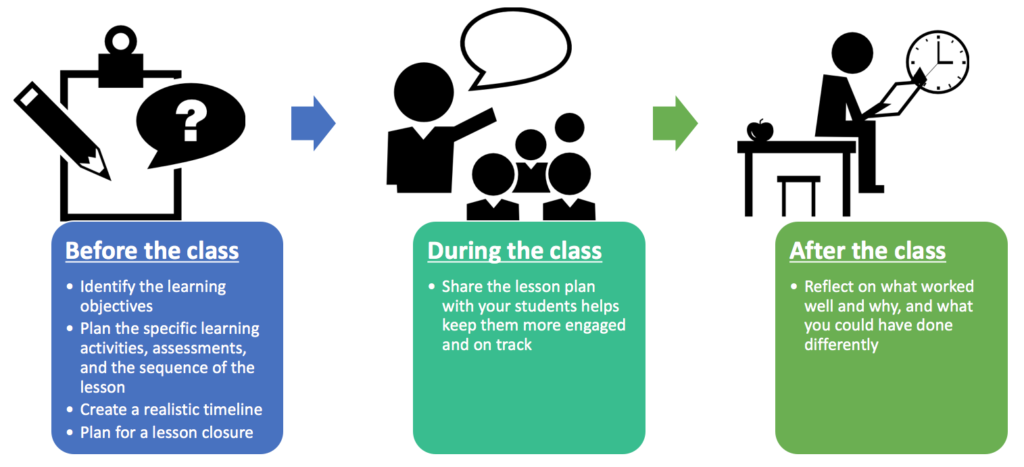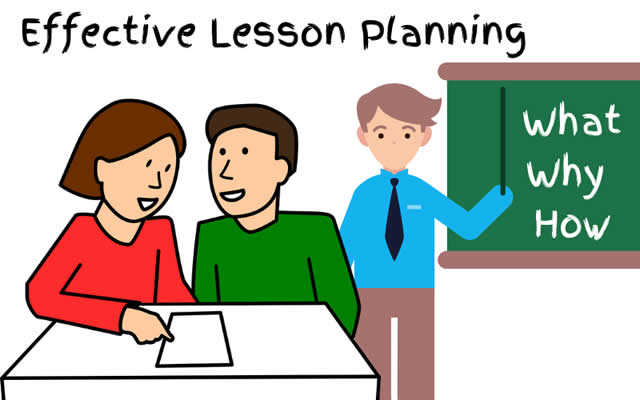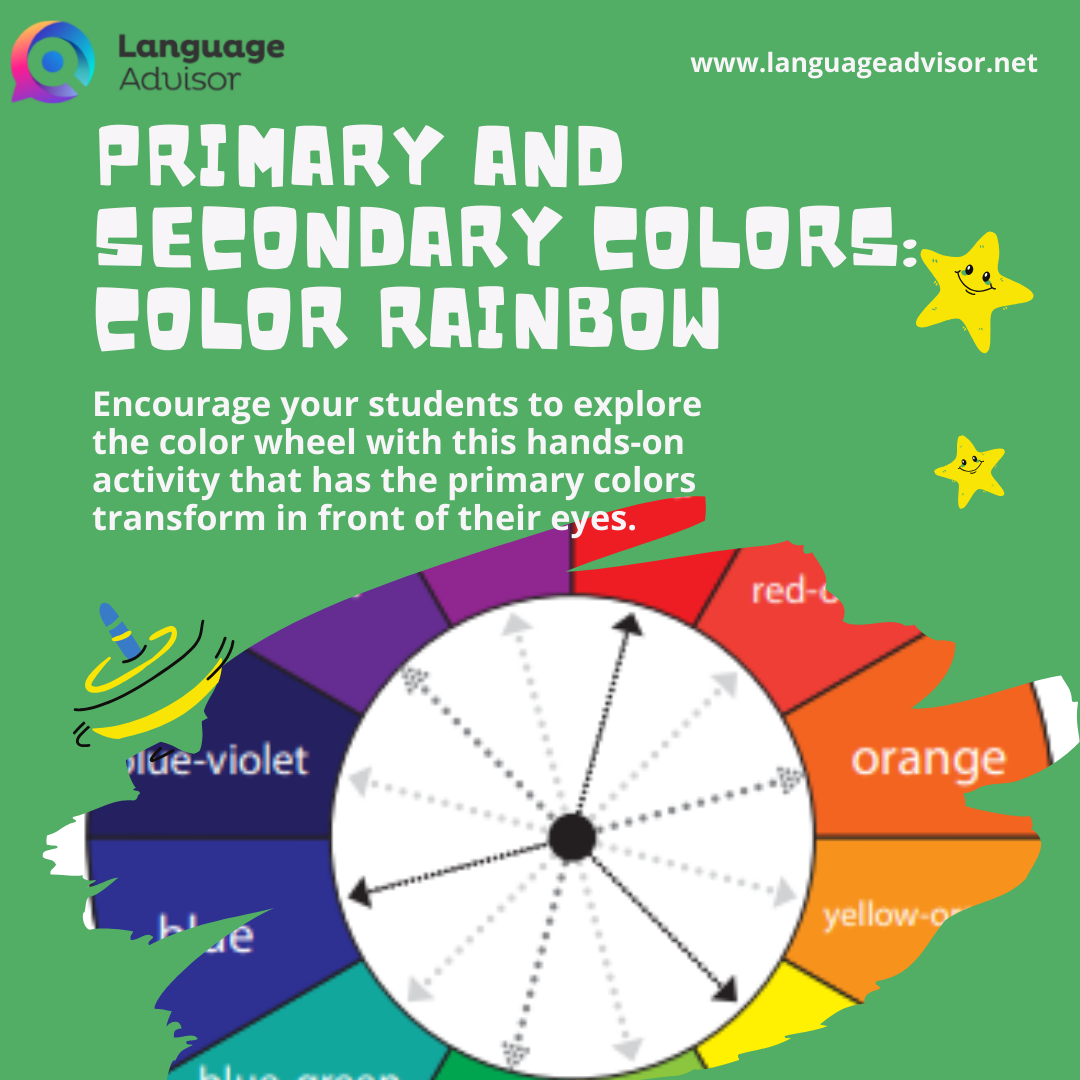Must-Use Objective Discussions For Your Language Lessons. Simple ideas to give students an understanding of what the goals for the class might be.
Must-Use Objective Discussions For Your Language Lessons
Must-Use Objective Discussions For Your Language Lessons. Useful Objective Discussion for All Language Classrooms
Must-Use Objective Discussions For Your Language Lessons
A list of Must-Use Objective Discussions For Your Language Lessons to give students an understanding of what the goals for the class might be.
An objective discussion is a fairly simple concept. Students tend to perform better when they are told WHAT they are doing and WHY they are doing it. Thus, a teacher that is able to clearly convey the trajectory of the lesson plan is more likely to have students aim correctly toward that trajectory.
Metaphorically, it is like teaching how to use a bow and arrow: teachers point to a target they want students to hit. In this somewhat simple view, it is understood that students are better able to hit what is clearly pointed out to them. Thus, an objective discussion is an opportunity to give students an understanding of what the goals for the class might be. In general, an objective discussion entails what learners will be doing (the activities of the day) and what they will be able to do by the end of the instruction (the skills they will acquire).
For some, it is surprising to hear that an objective discussion can be held at any point in a lesson. While it is traditionally seen at the beginning of most ideal lesson plans and lesson plan templates (as it is here), there can be good reasons to hold off to have a detailed objective discussion. Some learners, especially in compulsory situations may assume that objectives of the class are out of their control, and thus resent being told what they will be doing and why. The general goals of the instruction may not, in fact, be their goals. In certain cases, such as the one just described, some objective discussions can be held with more success if students already begin to see a certain amount of progress, and thus perceive that they are being led down a path that they want to continue to pursue. In these cases, it is wise to wait until there is initial success to invite students to join in the goals you, as an instructor, have for them.
Furthermore, some learners simply perceive that you, as the professional, know what you are doing, and thus don’t care what objectives you may have. Think of it as a pilot telling you on a plane flight HOW he is going to get to the final destination. In an language class, your overarching goal, get students to understand and speak the target language, is simply assumed by most learners.
But for an idealized situation, there is no doubt that sharing objectives BEFORE a lesson plan is sound advice. Most learners in most situations want to know where they are being led, and learners tend to do better when they are given a target to aim at. Learners also, with a good objective discussion, can set their minds and hearts to have your goals become their own. Thus, an objective discussion can elicit a certain amount of motivation in learners, especially if an instructor knows how to “sell” the skills that the learners may acquire.
Remember that as you write your own objectives, whether they are shared with a class or not, it is important to have specific objectives. An objective is a clearly defined goal that can be measured, generally demonstrating something that a student can do (thus, observable and measurable), rather than something a student knows (something that cannot be observed or measured). Thus, action words such as identify, state, recognize, and demonstrate are preferred to more static verbs such as know, believe, feel, and understand.

This article does not include activities for an objective discussion, per se, rather invites you to think about when and how to include one in your lesson plans.
Everything becomes a little different as soon as it is spoken out loud.
~
Hermann Hesse

Must-Use Objective Discussions For Your Language Lessons

Generally speaking, you will achieve better results in an objective discussion by:
Clearly stating the instruction, including subtasks

You will be able to answer
a phone call that includes a greeting, a request for help, a display of information, and a closing statement…

Checking for understanding

Tell me, in your own words, what are the parts of a normal phone call? What do you do when you answer a call?
Do you use these four things I wrote on the board?

Discussing the importance of the objective

Why would you like to learn how
to speak on the phone in the target language?
Why might it be important to answer a phone call?
Notice that when discussing the importance of the objective, it may be best to ask probing questions to get answers from students rather than just telling them what is important. This is done to ensure that students identify with the goals and see their own importance, rather than simply being told that the objectives are important.

Establishing specifics

You will be required to identify and use 15 new phrases in a speaking test tomorrow wherein I will call each of you on these two phones.

Must-Use Objective Discussions For Your Language Lessons
Here are some other articles on lesson planning you can find on Language Advisor












